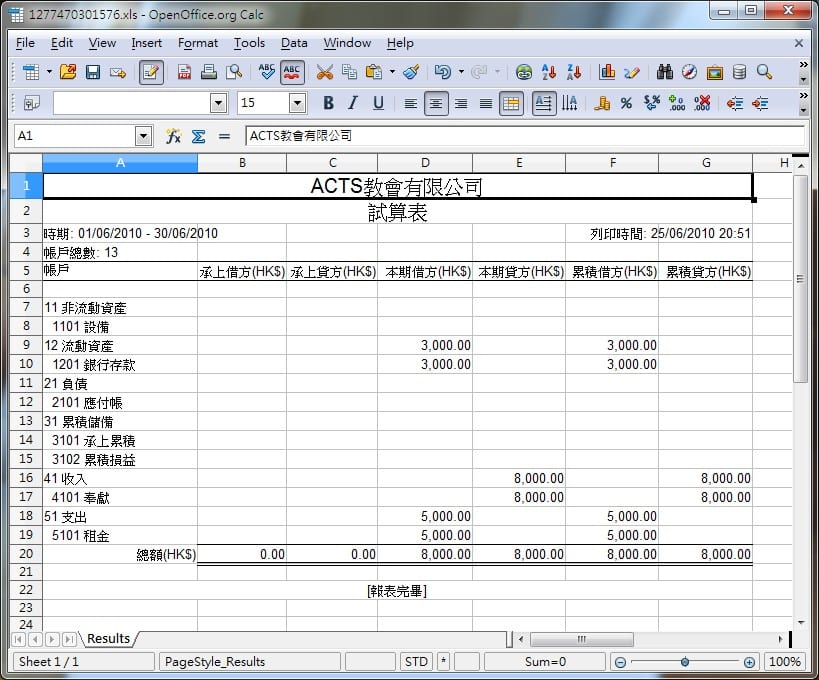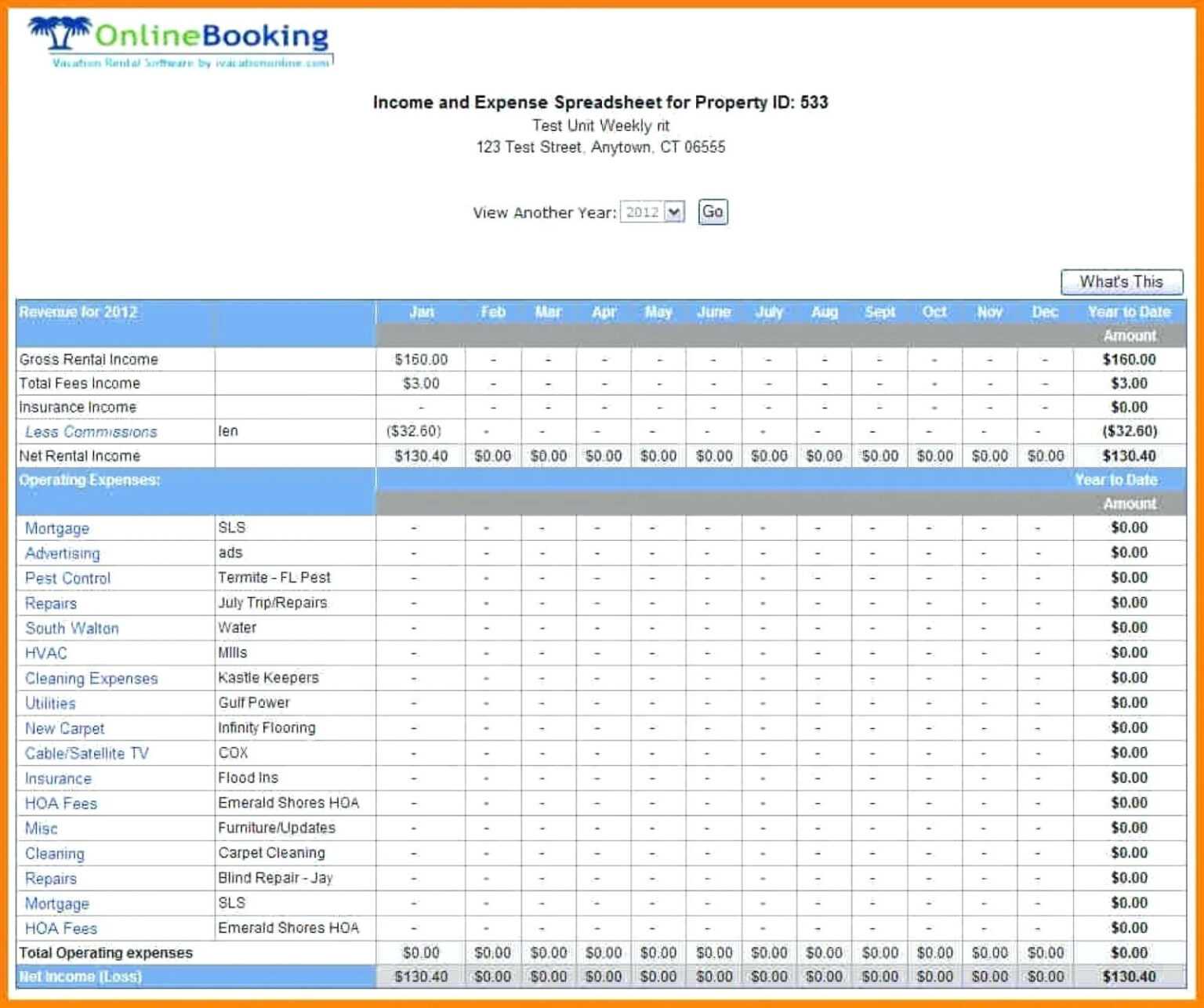
But before you start thinking “I’m no good at accounting”, consider if there’s a simpler way to do accounting. We tend to blame ourselves when things don’t pan out as they should. And what you have to realise is that these mistakes will happen again. It’s easy to chalk up these mistakes because of simple human error. Not being in control over your paperwork can be overwhelming. You’ll either have to do without one week’s reconciliation or undo everything and redo this week’s. Last week’s reconciled books, if you forgot to duplicate it and started working on the old copy, it could be disastrous losing the paper trail. Your documents have gotten lost or mixed up.Įven if you’re super orderly with naming conventions and keeping your documents in folders, it’s not foolproof enough.Īll it takes is forgetting to transfer one of the invoices from your email inbox and you’ll have a gap in your invoicing history. Let the system do the nitty-gritty stuff for you. Instead, look for a solution that automatically updates invoice number, dates and customer information. Your clients’ confidence in you, your time sucked up making changes, the delay in payment, that’s completely unnecessary. Looking at the big picture, it really doesn’t make much of a difference. If you’ve used an Excel spreadsheet or Word document for accounting and invoicing, pretty sure this has happened to you. Now you have to jump back on your computer to edit the invoice, check everything and send it off again with an apology attached. Until you get an email from your client (or their finance department) telling you that you forgot to rename the invoice number. How difficult can sending an invoice be, right?ĭuplicate the invoice template, fill in your client information, product description, hit “save as” and send the invoice. Here are five signs you should reconsider using Excel as your “accounting program”:ĥ Signs Your Small Business Should Stop Using Excel for Invoicing and Accounting You’ve sent an invoice with errors
Small business bookkeeping excel software#
Or should you transpose all of your business’s financial information into accounting software and let the system handle it all for you? Problems will extend to your business, so if you find yourself in this situations, it’s time to ask yourself the question: should you spend time and effort dealing with Excel for accounting and the risks associated with it? Those are just problems relating to you handling the books. There’s broken formulas, misplaced data, files disappearing and changes that cannot be undone or tracked. However, you’ll slowly begin to discover a host of problems that can arise. It’s got simple worksheets to get you going. You might be interested in: How an online accounting software saved this small business The Problem With Using Excel as an Accounting SpreadsheetĮxcel is alright if you’re still in the startup phase, with hardly any transactions. We’re all familiar with it so using Excel for accounting is the easiest, almost think-less decision for small business owners.īut because of this “obviousness”, we don’t see that it’s costing us very expensive dollars and hours. Let’s put this out there first: There’s nothing wrong with using Word or Excel to manage your business. The compounding effect was massive.įor many small businesses, Microsoft Excel (or Google Sheets) is the default choice for bookkeeping

All because a single miscalculation was fed into other calculations. That’s what JP Morgan also thought, before they announced they had lost more than 2 billion dollars on the capital markets back in May 2012.

“I don’t need to incur any extra cost for accounting software so I’ll just stick to Excel” – said the business owner who lost hundreds of hours and thousands of unnecessary dollars.


 0 kommentar(er)
0 kommentar(er)
